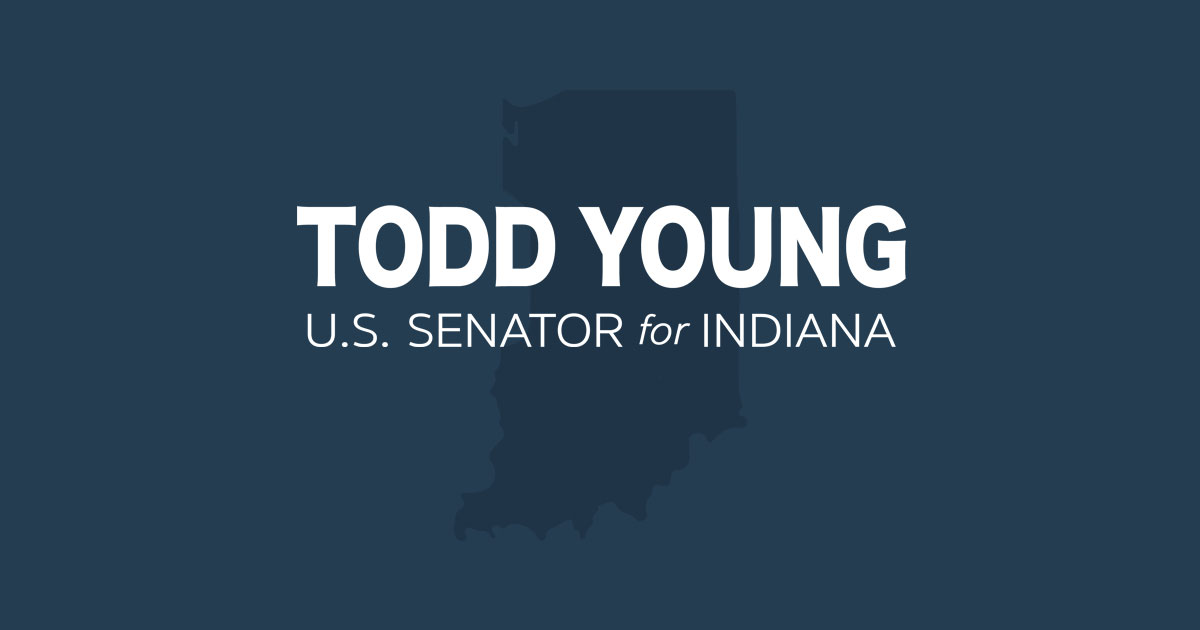Source: United States Senator for Indiana Todd Young
“Families shouldn’t have to face the threat of lead contamination in their drinking water or in their homes,” – Sen. Young.
WASHINGTON – U.S. Senators Todd Young (R-Ind.) and Tammy Duckworth (D-Ill.) re-introduced their bipartisan legislation to protect families living in assisted housing from lead found in drinking water. The Get the Lead Out of Assisted Housing Act would help protect families from lead exposure by requiring the U.S. Department of Housing and Urban Development (HUD) to inspect for lead service lines, create a grant program to address lead contamination and allow a cross-check for lead in water when remediating a home for lead found in paint.
“Families shouldn’t have to face the threat of lead contamination in their drinking water or in their homes,” said Senator Young. “That’s why we are reintroducing our bipartisan Get Lead Out of Assisted Housing Act to require HUD to identify and address lead contamination at the source. This must happen to protect the health of Hoosier families and communities across the country.”
“It’s unacceptable that in one of the wealthiest nations in the world, families living in federally assisted housing remain at risk of suffering permanent brain damage as a result of drinking water contaminated with lead,” said Senator Duckworth. “With my Drinking Water and Wastewater Infrastructure Act fully authorized in the Bipartisan Infrastructure Law, we’re already taking historic strides to get the lead out of our drinking water in communities across the country and help make sure everyone has access to clean water. Today’s bipartisan legislation would build on this progress and help ensure no family is overlooked.”
Along with Senators Young and Duckworth, this legislation is also co-sponsored by U.S. Senators Dick Durbin (D-Ill.) and Debbie Stabenow (D-Mich.).
The Get the Lead Out of Assisted Housing Act would help protect families from lead exposure by:
- Directing the Secretary of HUD to update the Uniform Physical Condition Standards (UPCS) to include inspecting for lead in service lines and lead in plumbing.
- Creating a Healthy Homes Lead in Drinking Water Grant pilot program to provide grants to states and local governments responsible for developing consolidated plans for community development. These funds would be used to identify the threats posed by lead in drinking water and take steps to protect residents. Activities under this grant program include creating a lead service line inventory, testing for lead in the drinking water at child care centers and schools, testing for lead at public facilities like public water fountains and remediation.
- Including testing, notification and controlling for lead in drinking water when providing grants for the lead-based paint hazard reduction program. This will ensure that when a home that contains lead-based paint is being remediated, that lead in the drinking water can also be addressed if a threat exists in the same home.
- Ensuring HUD has the authority it needs to address lead contamination from water, air or industrial sources in consultation with the U.S. Environmental Protection Agency.
The copy of the bill text can be found here.
